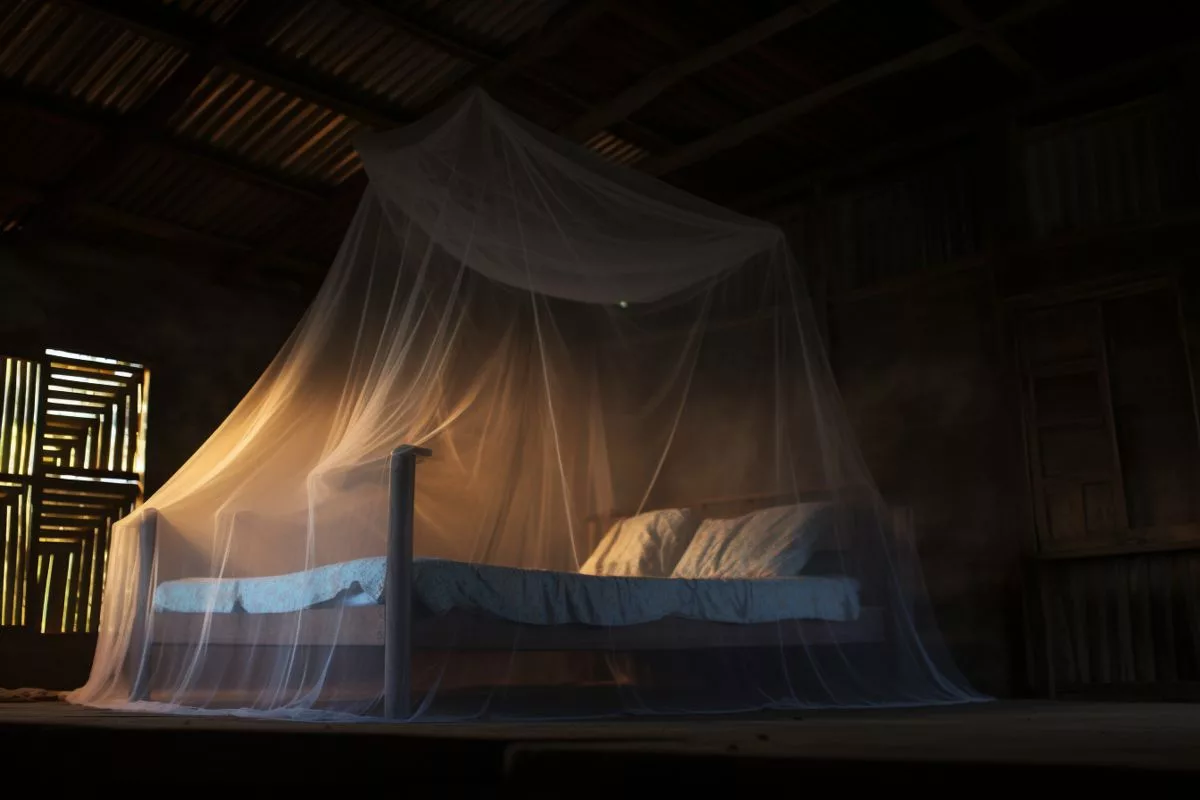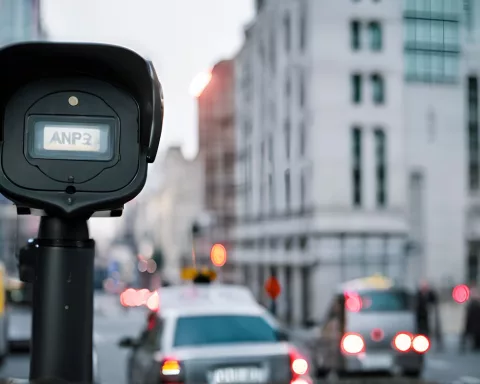Malaria is a life-threatening disease that is preventable and treatable if detected early. The South African Department of Health has implemented various response strategies to prevent and control malaria, including screening and testing for malaria at borders, indoor residual spraying, and public education campaigns. Travelers can take precautions such as using insect repellent, wearing long-sleeved clothing, and sleeping under mosquito nets to protect themselves. However, ongoing challenges such as climatic changes and drug-resistant strains of the parasite present a continued challenge for healthcare providers and researchers.
What are the prevention strategies to protect against malaria in South Africa?
The South African Department of Health has implemented various response strategies to prevent and control malaria, including screening and testing for malaria at borders, indoor residual spraying, and public education campaigns. Travelers can take precautions such as using insect repellent, wearing long-sleeved clothing, and sleeping under mosquito nets. Chemoprophylaxis is also recommended for those visiting malaria-endemic areas. Raising awareness about the risks and prevention measures is crucial for reducing malaria prevalence, particularly among vulnerable groups.
The Threat of Malaria During Summer Months
Summer brings the threat of malaria season to South Africa. The rising temperatures and increased rainfall activate malaria transmission zones, resulting in a spike in cases. To combat this, the South African Department of Health encourages travelers to and from high-risk areas to take the necessary precautions to prevent malaria infections.
From January to October this year, more than 7,400 malaria cases were reported in South Africa. Interestingly, only 17% of these cases were acquired locally, while the remaining 83% were imported. This shows that a significant number of individuals contracted the disease while traveling outside the country. During this time, at least 66 deaths were reported.
Early detection of malaria is vital for effective treatment. Symptoms to watch out for include headaches, fever, chills, and muscle and joint pains. The Department of Health stresses the importance of seeking medical attention immediately if any of these symptoms manifest. Delayed presentation to healthcare facilities is a contributing factor to the increase in malaria morbidity and mortality rates.
Prevention Strategies and Regional Initiatives
Malaria is a life-threatening disease, but it is preventable and treatable if detected early. As a result, the South African Department of Health has increased its efforts to minimize the disease’s impact by implementing various response strategies. These include screening and testing for malaria at borders in high-risk provinces (KwaZulu-Natal, Mpumalanga, and Limpopo), indoor residual spraying in high-risk areas, and conducting public education campaigns.
Raising awareness about the risks and prevention measures for malaria is essential in reducing its prevalence. This awareness is particularly crucial for vulnerable groups such as pregnant women and children under five, who should avoid visiting malaria-endemic areas without taking extra precautions.
South Africa’s efforts to fight malaria extend beyond its borders. Cooperation with neighboring countries has led to the creation of regional initiatives such as the Lubombo Spatial Development Initiative (LSDI) and the Trans-Kalahari Malaria Control Program. These initiatives aim to coordinate malaria control interventions across borders, targeting the disease’s transmission cycles and reservoirs, ultimately reducing the prevalence of malaria in the region.
Traveler Precautions and Ongoing Challenges
When visiting malaria-prone areas, travelers must take proactive steps to prevent infections. Several precautionary measures can be taken, including using insect repellent, wearing long-sleeved clothing, and sleeping under mosquito nets. Additionally, travelers should consult healthcare professionals about chemoprophylaxis, a preventive drug regimen taken before, during, and after visiting malaria-endemic areas.
Despite South Africa’s progress in reducing malaria incidence, the disease remains a public health concern. In recent years, climatic changes, including global warming, have been implicated in the expansion of mosquito habitats, leading to a higher risk of malaria transmission. Furthermore, the emergence of drug-resistant strains of the parasite presents an ongoing challenge for healthcare providers and researchers.
Collective efforts by the government, healthcare facilities, and travelers can significantly contribute to reducing the malaria burden in South Africa. By implementing strategic prevention and control measures, the country aims to decrease the number of infections and deaths, particularly among high-risk populations.
As South Africa contends with malaria, it is crucial for all stakeholders to remain vigilant. Travelers should be well-informed about the risks and take the necessary precautions to protect themselves and those around them. The South African Department of Health’s commitment to malaria prevention and control is praiseworthy, and with the continued support of regional and global partners, the battle against this deadly disease can be won.
What is malaria and how can it be prevented and treated in South Africa?
Malaria is a life-threatening disease that is preventable and treatable if detected early. The South African Department of Health has implemented various response strategies to prevent and control malaria, including screening and testing for malaria at borders, indoor residual spraying, and public education campaigns. Travelers can take precautions such as using insect repellent, wearing long-sleeved clothing, and sleeping under mosquito nets. Chemoprophylaxis is also recommended for those visiting malaria-endemic areas.
When is malaria season in South Africa?
Malaria season in South Africa generally occurs during the summer months, which brings the threat of increased transmission zones due to rising temperatures and increased rainfall.
How many cases of malaria have been reported in South Africa this year?
From January to October this year, more than 7,400 malaria cases were reported in South Africa, with at least 66 deaths reported during this time. Interestingly, only 17% of these cases were acquired locally, while the remaining 83% were imported.
What are the symptoms of malaria?
Symptoms of malaria include headaches, fever, chills, and muscle and joint pains. Early detection of malaria is vital for effective treatment, and seeking medical attention immediately if any of these symptoms manifest is strongly advised.
What prevention measures are being implemented in high-risk areas?
The South African Department of Health is implementing several response strategies to minimize the impact of malaria in high-risk areas, including screening and testing for malaria at borders, indoor residual spraying, and public education campaigns.
Who are the vulnerable groups that require extra precautions when visiting malaria-endemic areas?
Vulnerable groups such as pregnant women and children under five are at a higher risk of contracting malaria and should take extra precautions when visiting malaria-endemic areas.
What are the ongoing challenges in the fight against malaria in South Africa?
Climatic changes, including global warming, have been implicated in the expansion of mosquito habitats, leading to a higher risk of malaria transmission. Additionally, the emergence of drug-resistant strains of the parasite presents an ongoing challenge for healthcare providers and researchers.
What can travelers do to protect themselves against malaria in South Africa?
Travelers should take proactive steps to prevent infections by using insect repellent, wearing long-sleeved clothing, and sleeping under mosquito nets. Consulting healthcare professionals about chemoprophylaxis, a preventive drug regimen taken before, during, and after visiting malaria-endemic areas, is also recommended.








